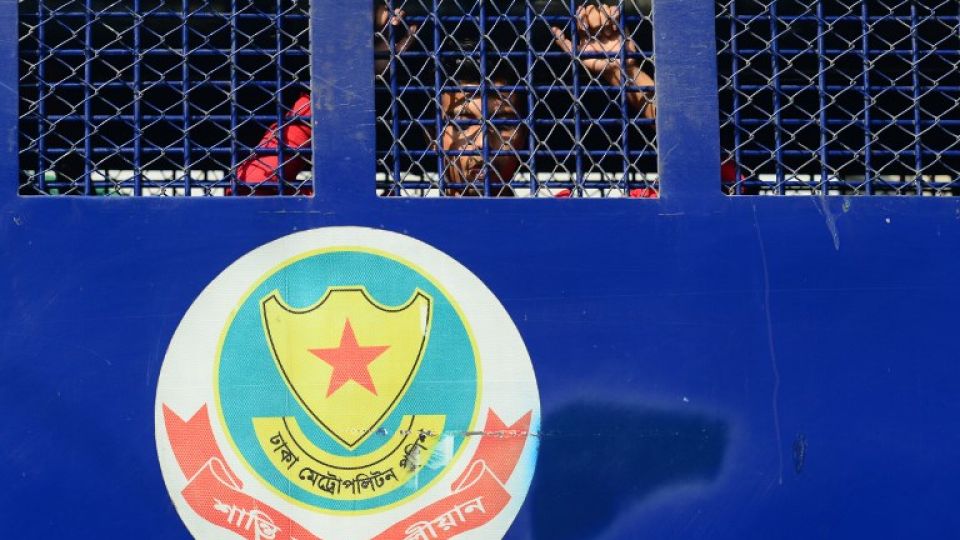February 9, 2018
The 72-year-old Khaleda Zia is the first former prime minister of Bangladesh and the second head of government after former President Gen HM Ershad to be convicted and sentenced.
A Bangladesh court sentenced former prime minister Khaleda Zia to five years in prison on February 8 after she was found guilty in a corruption case, triggering protests by her Opposition BNP party.
The BNP (Bangladesh Nationalist Party) chief’s conviction means that she could be barred from running in the national elections in December.
The graft case was filed by the Anti-Corruption Commission in 2008 and Zia was accused, along with five others, including her eldest son Tarique
Rahman, of embezzling funds from the trust. Her son is also the BNP’s senior vice chairman.
Rahman, who resides in the UK, was tried in absentia was sentenced to 10 years in jail.
Atleast 1 person was killed and around 100 injured across the country after the verdict was announced, The Daily Star reported.
Zia is the first former prime minister of Bangladesh to be convicted and sentenced. The 72-year-old’s bail plea was rejected and she was sent to a Dhaka prison under heavy security, accompanied by her domestic help.
Zia – a political rival to current Prime Minister Sheikh Hasin – faces more than 30 other charges, ranging from corruption to sedition.
Her son Rahman is likely to run the BNP in her absence. He has been in London since 2008 after multiple charges of corruption were filed
against him.
“He [Rahman] can run the party from anywhere,” Nazrul Islam Khan, a BNP standing committee member, told reporters after the verdict,
according to the Daily Star.
Bangladesh had been on edge over the sentencing of Zia. The BNP, backed by its Islamist allies, had warned it would take to the streets if the
verdict went against her.
Zia’s Party
The BNP was founded in 1978 by former President Ziaur Rahman, Zia’s husband, who was assassinated in a military coup in 1981.
Zia took over the party after her husband’s assassination and won the country’s first free election in 1991. However, Zia’s terms between 1991 and 1996 and from 2001 to 2006 have been marred by corruption allegations.
A little before she left for the court she comforted her relatives and party workers. “There is no need to cry. I’ll be alright. You all wait, I’ll be back. Don’t worry and be strong,” she said.
In a press conference a day ahead of the verdict, Zia said she is ready to face any situation to uphold the country’s democracy and
people’s rights.
She said a conspiracy was being hatched by using the judiciary to keep her away from politics. She blamed the Awami League government headed by Shiekh Hasina for turning the country into a jail and called the prime minister to come forward to make the country a peaceful one.


